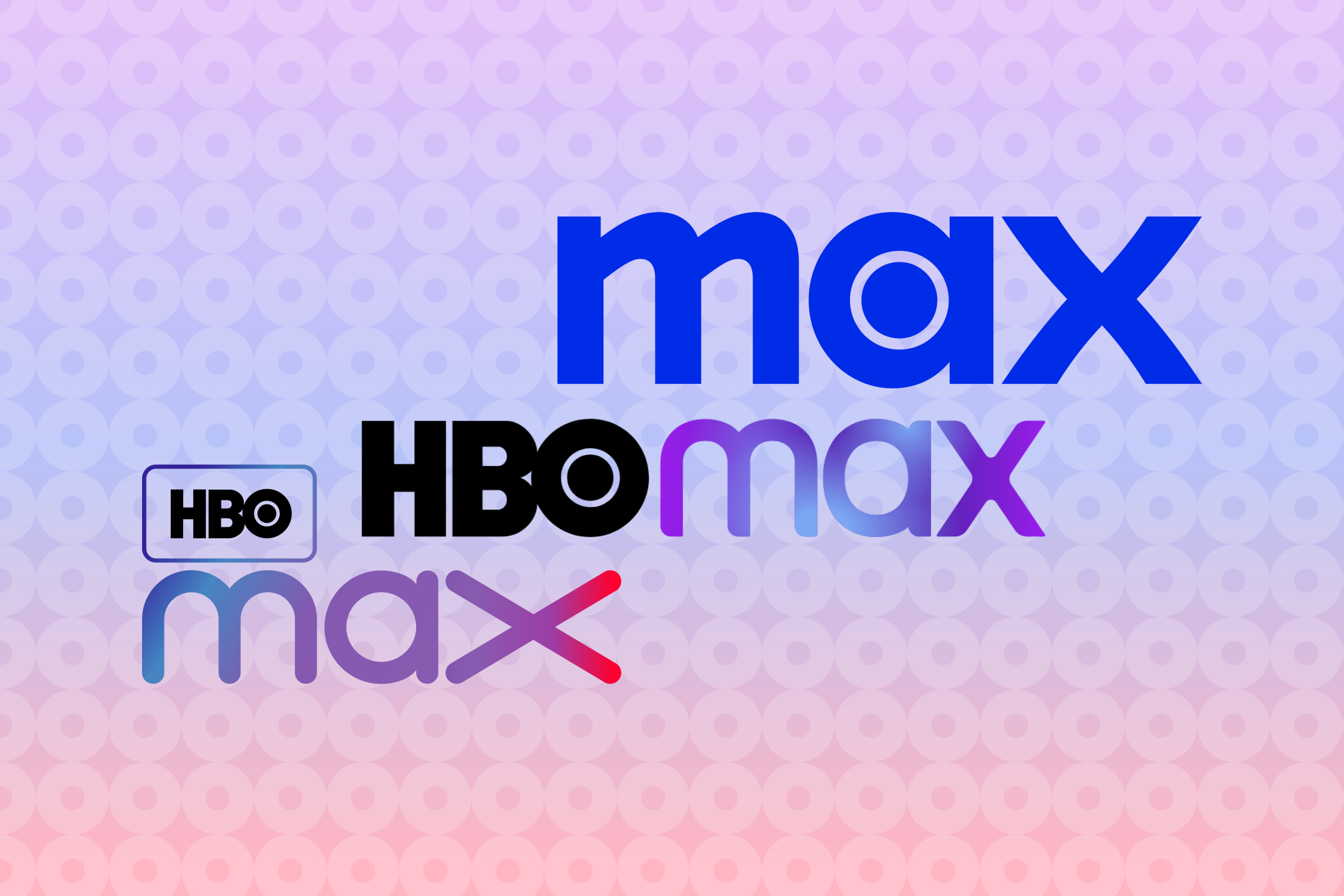Quick Links
WarnerMedia launched the subscription-based streaming service HBO Max in 2020. At the time, it also had existing streaming services called HBO Now and HBO Go. Years later, names have changed, companies have merged, apps have been ditched, and we're all left confused. Let's clear things up.
It's Just Max Now
Previous versions of this explainer outlined the differences between HBO Max, HBO Now, and HBO Go. The situation was confusing, and it has since been cleaned up—sorta.
HBO Go was discontinued following the launch of HBO Max in May 2020. HBO Now was folded into HBO Max at the same time and was essentially the predecessor to HBO Max. In 2022, WarnerMedia merged with Discover Inc. to form Warner Bros. Discovery. The name of the service was shortened to just "Max" in 2023. That is now where all of HBO's streaming content lives, along with the rest of Warner Bros. Discovery's library.
Max costs $9.99 per month with ads, $15.99 ad-free, and $19.99 for 4K, HDR, and Dolby Atmos. The original text, published on May 5, 2020, can be read below.
HBO Max Is More Content for the Same Price
If you don't currently subscribe to any HBO service, all you need to know is HBO Max gives you the biggest content library for the best price ($14.99 per month). So, by all means, save yourself the headache of figuring out which of the three services is right for you, and just go with the best. If you're already subscribed to HBO through your cable provider (HBO Go) or HBO's previous offering (HBO Now), here's a basic breakdown:
- HBO Max ($14.99 per month): The new stand-alone streaming service from WarnerMedia includes everything on HBO Now, plus additional movies and TV from partners like BBC Studios, The Criterion Collection, and Warner Bros.
- HBO Now ($14.99 per month): This is the older stand-alone streaming service, featuring HBO content, but none from any of its partners. Some HBO Now subscribers will get free access to HBO Max when the new service launches on May 27, 2020.
- HBO Go: This is the bundled streaming service that allows cable subscribers to access HBO content on their various digital devices.
Why would WarnerMedia create a new HBO stand-alone streaming service when one already exists? The answer lies deep in the tangled web and dark history that is modern American corporate media.
HBO Now Is Older, Smaller, and Shrinking
Most consumers will prefer HBO Max over HBO Now. In fact, it's hard to come up with any reason to stay with HBO Now, unless you get it for free with an existing subscription to a Google, Amazon, Verizon, or Hulu service. Based on the approach WarnerMedia is taking, that seems to be by design.
HBO Now is a streaming service from HBO, whereas HBO Max is a streaming service from HBO's parent company, WarnerMedia. This means HBO Max will have much more content. And some of that content will be exclusive via partnerships with BBC Studios, The Criterion Collection, Cartoon Network, and more, all for the same price. Due to the complex contracts HBO and WarnerMedia have built up with customers and partners over the last decade, only some HBO Now customers will receive free access to HBO Max.
Unsure whether your HBO Now subscription will allow you to access HBO Max when it launches? Fortunately, HBO has a useful guide on how to change your HBO Now subscription based on your provider.
If you access your HBO NOW subscription through a service---like Verizon, for example---you can access HBO Max directly at launch. If you have AT&T, however, you might have to access HBO Max through YouTube TV. It all depends on how you already access HBO content, and all the ways you can do that are the culprits for all the confusion.
If you currently subscribe to HBO Now directly through HBO for $14.99 per month, you can cancel and pay the same price for the bigger, better content library.
HBO Go Is for Cable Subscribers
Like HBO Now, HBO Go is a streaming service that comes directly from HBO. The major difference is HBO Now is available as a stand-alone service, whereas HBO Go is only available as an add-on from service providers like Verizon, Cox, and DirecTV.
If you have HBO through your cable company, you probably pay around $15 extra for HBO every month. You can access the larger library of HBO Max by canceling your existing HBO Go subscription and signing up directly with HBO Max.
You won't be able to watch the standard HBO channel on cable, but you'll find all the same content---and more---in the HBO Max app on your streaming device.
Whether HBO and its parent company, WarnerMedia, will attempt to clear up some of the brand confusion in the future remains to be seen. The consolidation of services and/or content is the obvious goal. However, as anyone familiar with the nature of entertainment contracts will tell you, it's also surely a pipe dream.


